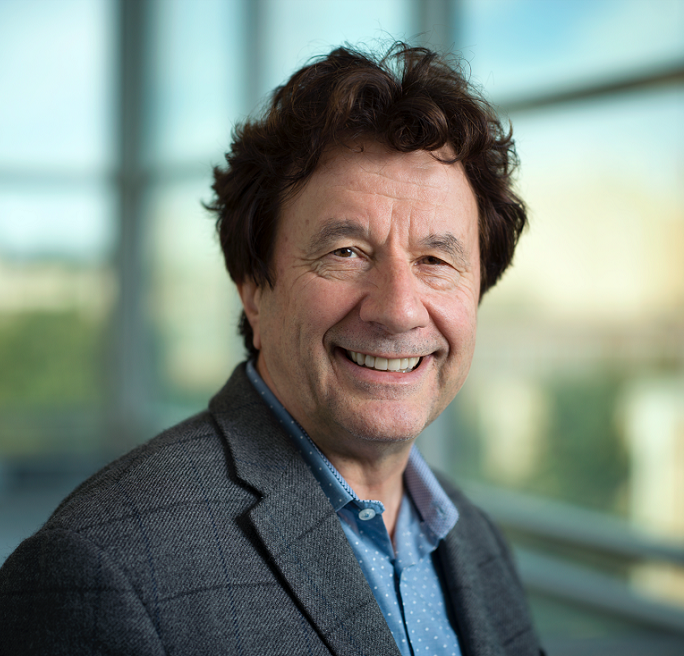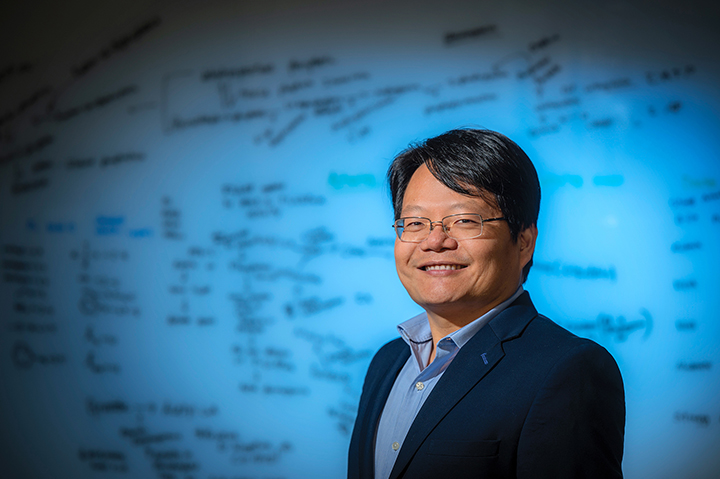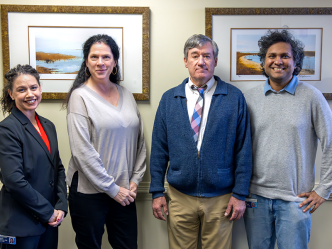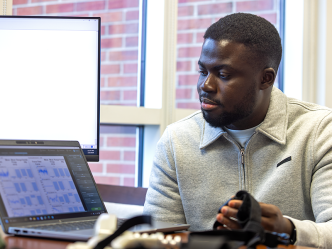Tiny sugar structures known as glycans are essential for keeping our bodies running efficiently — whether it’s fighting infections or ensuring life-saving medicines do their job. A new research project at Augusta University’s Medical College of Georgia aims to unlock the secrets of these sugars.
Wan Tien “Austin” Chiang, PhD, assistant professor at the Immunology Center of Georgia, has received a National Science Foundation grant to develop glycan sequencing, a cutting-edge technology that analyzes glycan structures with unprecedented speed and accuracy.
Glycan sequencing serves as a detective tool for understanding glycans, which play important roles in how proteins function, especially in medicines like vaccines and therapeutic drugs.
“Traditional methods for studying glycans can be slow, expensive and require specialized equipment,” Chiang said. “Glycan sequencing uses advanced tools like next-generation sequencing and artificial intelligence to quickly and accurately map out these sugar structures.”
“Think of it as upgrading from a manual map-making process to a GPS system — it’s faster, more precise and easier to use,” Chiang added.
The new technology helps scientists better understand how these sugars affect the safety and effectiveness of medicines, which could lead to improved drug development and new treatments for diseases.

“Dr. Chiang’s approach to glycan analysis has the potential to significantly impact biomanufacturing by improving the development of biotherapeutics,” said Klaus Ley, MD, co-director of IMMCG and a Georgia Research Alliance Eminent Scholar in Vascular Biology.
Chiang’s research focuses on optimizing glycan sequencing for high-throughput glycan analysis, applying it to glycoengineered cell lines and recombinant proteins to study how different culture conditions affect glycosylation.
“Glycosylation is like adding decorations to a cake, but instead of frosting and sprinkles, it’s about attaching sugar molecules to proteins or fats in your body,” Chiang said. “These sugar ‘decorations’ help proteins and fats perform their functions more effectively, improving cell communication. This, in turn, can enhance the body’s ability to fight infections and increase the effectiveness of medicines. It’s a natural process that happens inside cells and plays a significant role in maintaining your body’s health.”
The project will also integrate multi-omic analysis by integrating glycan measurements with RNA sequencing data, providing new insights into how gene regulation influences glycosylation in cells.
The research is a collaboration with Nathan E. Lewis, PhD, a GRA Eminent Scholar in Molecular Cell Biology at the University of Georgia, whose expertise in high-throughput glycan quantification will enhance the project’s scope.
Together, Chiang and Lewis aim to build a training dataset using five recombinant proteins produced in more than 30 glycoengineered cell lines. This work will help uncover cellular mechanisms controlling drug glycosylation and improve the development of cell factories for biomanufacturing.
Unlike traditional glycan analysis methods that rely on mass spectrometry, glycan sequencing leverages these engineered cell lines to enable scalable, faster, and more sensitive profiling.
Chiang’s long-term goal is to develop tools that integrate computational and experimental biology to address complex challenges in biotechnology and medicine.
“Glycoproteins are essential in modern medicine, but current methods for analyzing glycosylation are slow and resource-intensive. This project is about creating a more efficient, accessible solution that will benefit future scientific advancements,” Chiang said.
Discoveries at Augusta University are changing and improving the lives of people in Georgia and beyond. Your partnership and support are invaluable as we work to expand our impact.
 Augusta University
Augusta University




